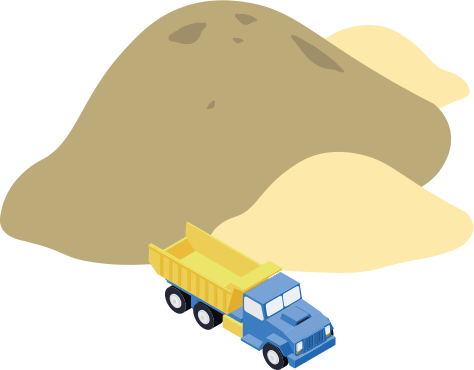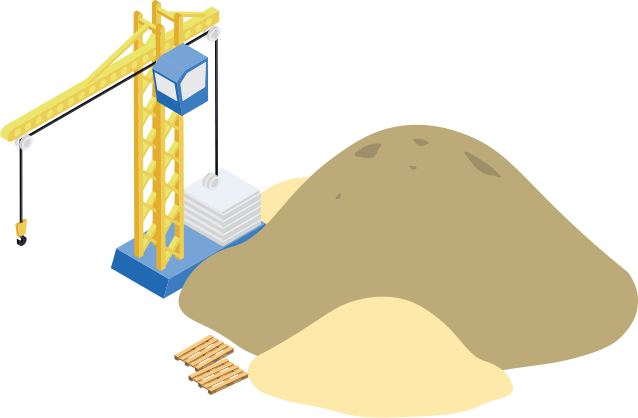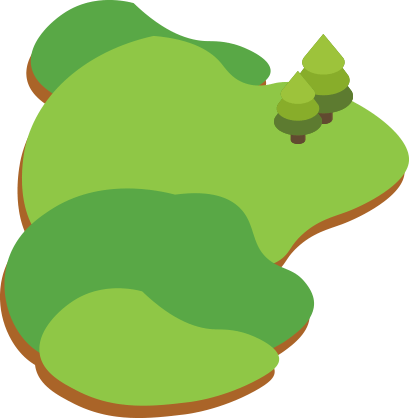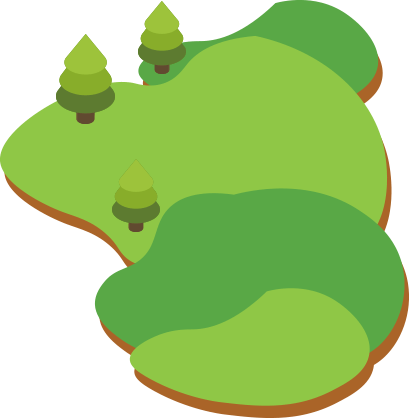SERP = Search Engine Results Page – what you see on your screen after doing a search. Over the years, Google has regularly made changes to make searches more valuable and to take advantage (and sometimes to introduce) new technology.
The fight to appear on that page, especially high on that page, is a battle over which billions of dollars are spent – and earned. That screen is the most valuable real estate on the internet.
Why?
Google gets almost 2/3 of all U.S. searches – and our data has that percentage much higher for many industries. And searches are involved in a huge percentage of all purchases, whether the purchase is completed online or not.
The battle for the consumer’s wallet is first a battle for eyeballs. If you don’t get noticed, you don’t make it out of the starting gate. You’ve lost. Game over. And those eyeballs are concentrated in vast numbers on that screen, the Search Engine Results Page.
Once upon a time this was a very simple screen. You typed in your search and clicked “Google Search” or “I’m Feeling Lucky” (to only get the top result). Over the years here are some things that have been added to what is now called “Organic Search Results”:
1. Ads – PPC (Pay-Per-Click) ads from Google AdWords
2. Map listings
3. Images
4. Videos
5. Related Searches
6. Shopping listings
7. Featured Snippets (the immediate answers often with instructions some searches produce)
8. Knowledge Graph (the information that appears in panels or boxes)
That’s a lot of additional material but that isn’t all that has changed. Where on the screen these items appear, what information they include and how they look, have repeatedly changed and continue to evolve.
What’s especially interesting about these changes is, over the last year or two, how what is visible above the fold (before you start to scroll down), has changed to a point where it usually does not even include organic search results! What you now see typically includes ADS (the very first thing), map listings, shopping listings, as well as featured snippets and knowledge graphs. You have to scroll down to see organic search results at all.
You could say, well that is Google just being greedy. They do in fact make their money from selling ads, and this and other changes have resulted in an increase in the percentage of clicks on ads, as opposed to organic or other results.
Well, I guess one shouldn’t be surprised at Google pushing what makes them money. And since Google is free to use, I guess we can’t complain.
Next time you do a search, take a good look at that results page. What do you think? Are you happy with what Google is doing? While people may grumble, 64% search share certainly says people by a wide margin prefer it to the alternatives.
